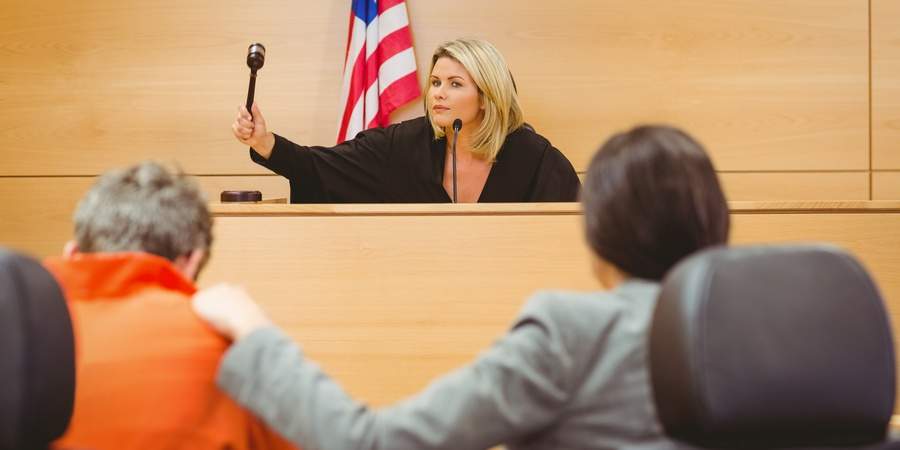It has been long recognized that a criminal statute that is ambiguous and capable of being interpreted to apply to more than one set of conduct, should be applied in a fashion that is narrower in scope.
Category archives: Tax Fraud Report
What is The Weapon of Choice of the Government When Prosecuting Taxpayers?
Written by on in Tax Fraud Report.
The Government Has Focused a Considerable Amount of Energy To Prosecute Taxpayers Who Failed to File FBAR Reports and Accurately Account For Taxes. The Government has used the Required Records Doctrine to compel taxpayers to produce foreign bank account records.
Understanding the Purpose of the Criminal Investigation Division of the IRS
Written by on in Tax Fraud Report.
Taxpayers who are the target of an Internal Revenue Service Criminal Investigation Division investigation benefit from an understanding of the purpose of these investigations.
District Court finds in FBAR penalty trial that the definition of willful in civil cases includes reckless disregard of tax laws. The Court found that the burden of proof in a civil FBAR penalty case was a mere preponderance of the evidence. The IRS was not bound by the opinion of General Counsel or its own manual that state that the definition of willful should be the same in civil cases as in criminal cases.
When Does Statute of Limitations Start to Run in Criminal Tax Cases?
Written by on in Tax Fraud Report.
The statute of limitations for tax crimes may not begin to run on the later of the date the tax return was due or the date the return was filed. With regard to certain tax crimes, such as 7202, the date that the statute of limitation begins is the date that the taxpayer acted willfully. This will often be a question of fact that must be decided by the jury. As a result, a motion to dismiss based upon dates set forth in the indictment may be denied.
Selecting a criminal tax attorney to represent you during a criminal tax investigation by the Criminal Investigation Division of the IRS may be a substantial factor in determining whether you will be indicted and ultimately whether you will prevail at trial with a jury verdict of NOT GUILTY on all counts.
In a tax evasion case in which the taxpayer is charged pursuant to section 7201 of the Code, it is reversible error for the trial court to refuse the taxpayer's request to instruct the jury that willful failure to pay a tax under section 7203 is a lesser included offense, if the facts of the case would permit a reasonable jury to find willful failure to pay and not the additional act of concealment required to prove tax evasion.
Taxpayer attempted to pay tax liens with checks from bank accounts that had been closed. The taxpayer was convicted after a jury trial of tax evasion. The Court sentenced the taxpayer based upon tax loss including interest and penalty since the taxpayer attempted to defraud the IRS for the entire amount.
Georgia Couple Sentenced to Prison in a Stolen Identity Tax Refund Fraud Scheme Involving IRS “Get Transcript” Database
Written by on in Tax Fraud Report.
An Austell, Georgia, couple was sentenced to prison for their role in a stolen identity tax refund fraud scheme.
A Cranston, Rhode Island, resident pleaded guilty yesterday to aiding and assisting in the preparation of false tax returns, wire fraud, theft of government funds and aggravated identity theft.











